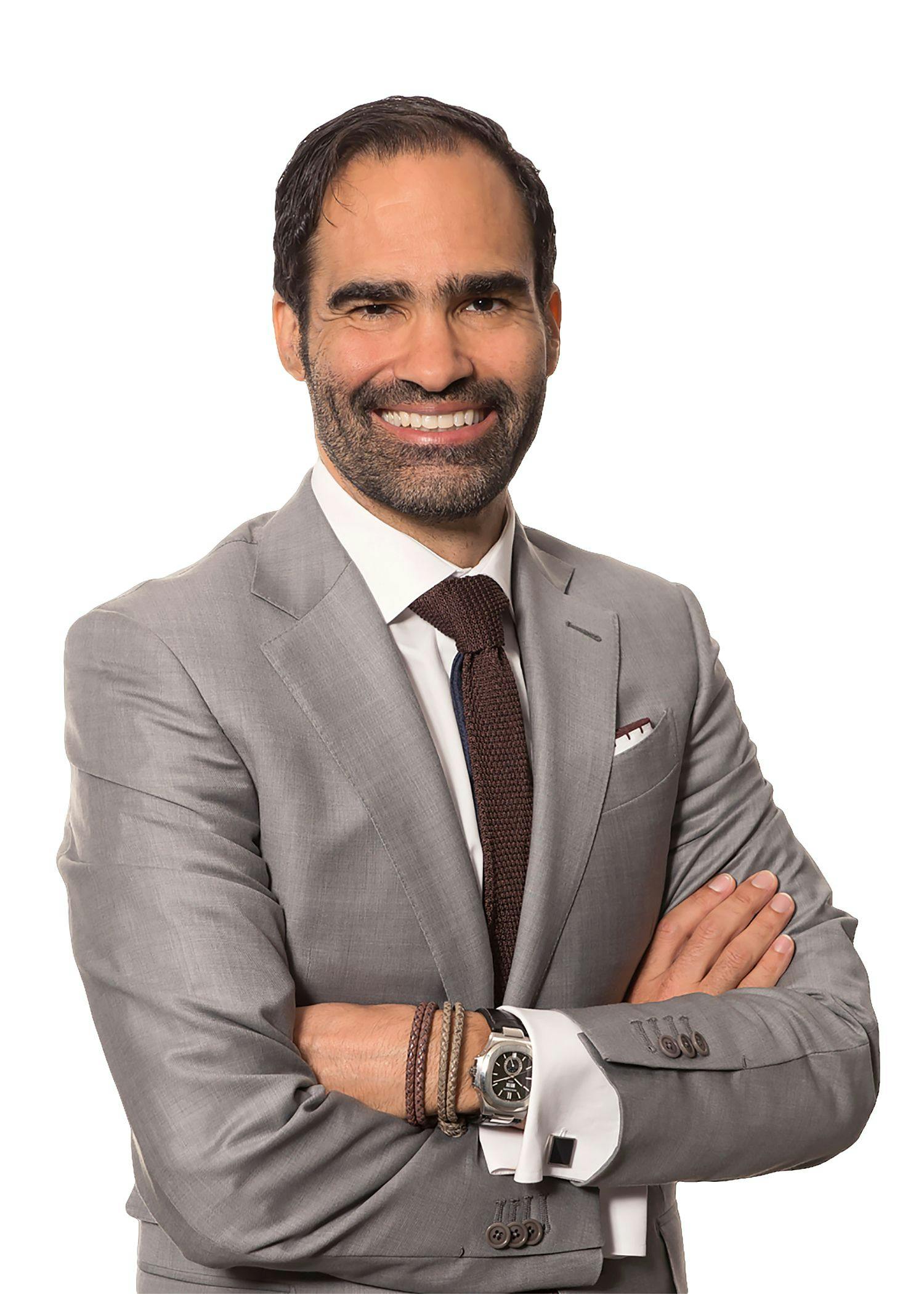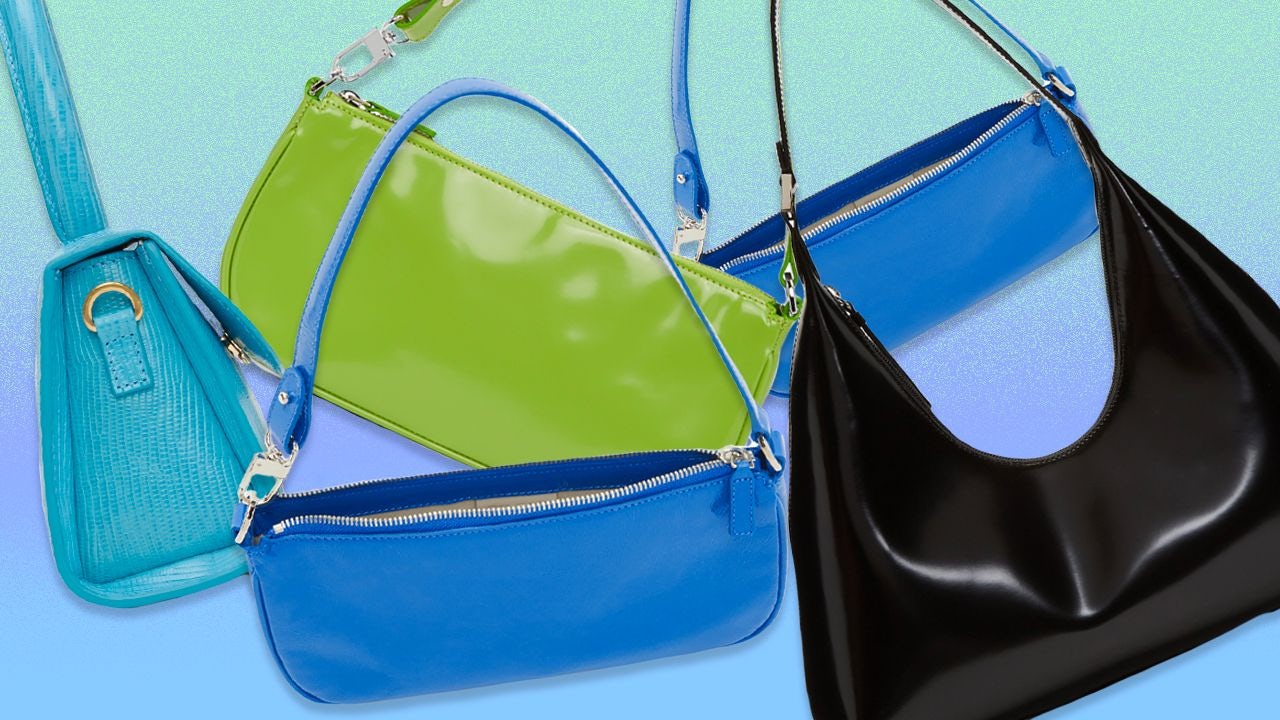In many of my publications and presentations, I describe luxury as similar to a love relationship. A female participant in one of my masterclasses once said about her Birkin bag that “fell in love with this handbag.” proving how strong our bond with luxury items can be.
Luxury brands often forget over time that they are in the business of creating these strong emotions. If a brand doesn’t create an extreme emotional response for its customers, then the brand can’t create extreme value — and the luxury business is all about extreme value creation.
When we analyze unsuccessful luxury brands, a common aspect is a lack of emotion. Brands tend to rely too much on their history or product features and neglect the necessity of touching people’s hearts.
Having a history as a luxury brand is only relevant if that history gives people a specific benefit today. History without relevancy doesn’t create value. Too often, companies are prisoners of their own heritage and worship it internally while missing the mark with their customers. Early warning signs are ignored because “we have always done it this way” mentalities rule these companies.
An emotional response happens when something excites us — it’s as simple as this. No one likes to be bored, which is why luxury brands always need to question everything they do while embracing creativity, artistry, and inspiration. If a brand loses the ability to innovate and inspire, it cannot excite. And then it becomes irrelevant, loses its cultural importance, and starts to decline.
Because of this, execution cannot precede strategy. Too many brands merely hire and fire their creative talents, but they don't get that they can only achieve brand mastery if their brand strategies are crystal clear. Creative execution is only the fuel for an existing strategy. Yet, our research shows that more than 90 percent of luxury brands have significant deficiencies with their brand's positioning, storytelling, and service delivery. If the position isn’t clear enough, the creative execution will look random, and as a result, many brands weaken their brand equity with every move they make (rather than strengthening it). Brands feel safe because they are remaining active, but they delude themselves while self-destructing.
Given the importance of emotion, a brand strategy needs to define exactly which specific emotion it should evoke. There must be zero uncertainty about how the brand inspires. In many brand audits, this is a major weak point we identify over and over. Most managers are able to place their brand into the correct category but can’t describe the precise emotional elements of their brand (hint: an answer like “we are selling a dream, should worry you.) All luxury brands should “sell a dream.” That statement doesn’t differentiate or guide the consumer. Brands must be dramatically more precise.
As Millennials and Gen Zers become the most influential luxury consumers, they will expect brands to have purpose and meaning. Both want brands to be linked to specific emotional responses, but few brands do that well. Any gap in emotional clarity can put a brand's long-term survival at risk. For luxury brands, this is the single greatest danger, but it also offers the most potential upside if managed well.
And lastly, a perfectly planned emotional strategy won’t be relevant if it only exists on paper. After a brand defines its emotional story, it needs to plan a highly-detailed customer journey, so that customers can feel these emotions. A brand is only as strong as the excitement it creates for people.
So ask yourself: Is your brand evoking an emotional response? Is your brand strategy based on the psychology of luxury? If your answer isn’t clear, you need to act — and fast — because a brand is relevant or it isn't. If a luxury brand doesn't offer pure emotion, then it isn’t offering any value, and if there is no value, there won’t be sales. The time to wake up and act is now.
Daniel Langer is CEO of the luxury, lifestyle and consumer brand strategy firm Équité, and the professor of luxury strategy and extreme value creation at Pepperdine University in Malibu, California. He consults some of the leading luxury brands in the world, is the author of several luxury management books, a global keynote speaker, and holds luxury masterclasses in Europe, the USA, and Asia. Follow @drlanger


